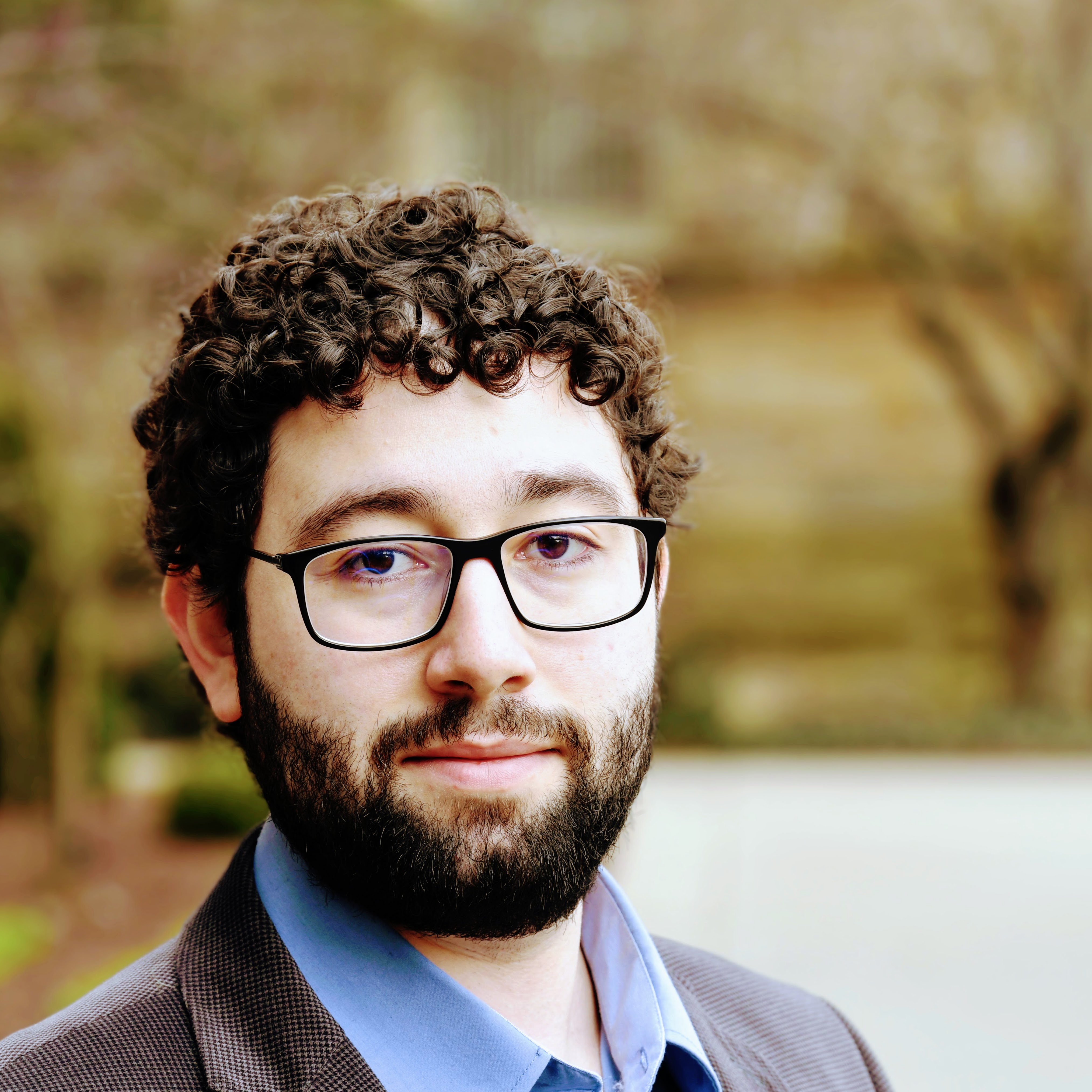Bernardo Martinez Rocamora Jr.
Hello! My name is Bernardo and I am a Ph.D. student at West Virginia University. I love science, airplanes, robots, arts, cooking, and sports. I was born in São Paulo, Brazil, and I am a dual citizen of Brazil and Spain.
I have a bachelor’s degree in Aeronautical Engineering from the University of São Paulo, which is the one of the highest-ranked universities in Latin America. I had the opportunity to study all Aeronautics areas including Aerodynamics, Structures, Control, Certification, Aircraft Design etc. My final group project was the conceptual design of a commuter aircraft and my bachelor thesis was the aerodynamic conceptual design and performance of a propeller for this aircraft.
Afterwards, I decided to pursue a M.Sc. degree in Mechanical Engineering. During this time, I got involved with a research project in partnership with Embraer, a well-known company of the aeronautical industry, after being invited by a professor to be part of his research team. In this project, I worked with an aeroacoustics wind-tunnel, in which I was responsible for most of the experimental activities. I also helped improving the instrumentation of the experimental setup, designing acoustic and flow measurement systems, a probe positioner and an instrumented stator vane using MEMS microphones.
Following graduation, I worked in a startup that uses drones to spread biological agents in crops for pest control. There, among other activities, I’ve designed, prototyped and assembled automatic dispensers for unmanned aerial vehicles (UAVs). I also worked as a mentor for the Sensor Fusion Nanodegree through Udacity. This experience has boosted my programming skills tremendously, but mainly it has given me an opportunity to grow as someone that can help others to understand hard concepts.
My Ph.D. research focuses on robot motion planning for navigation in cluttered environments. I work at the Field and Aerial Robotics (FARO) laboratory under the supervision of Dr. Guilherme Pereira. I also was part of Team Mountaineers for the NASA Space Robotics Challenge Phase 2. I was Autonomy and Manipulation Lead, and Systems Integration Co-lead for the team. Virtual/simulated competition on multi-robot coordination for Lunar exploration and excavation. Results: 6th place (total prize U$45,000.00)
For the last year, I’ve worked as the manipulation lead, and system integration and autonomy co-lead for the WVU Robotics team in the NASA Space Robotics Challenge Phase-2. I’m a recipient of the Statler PhD Fellowship.
